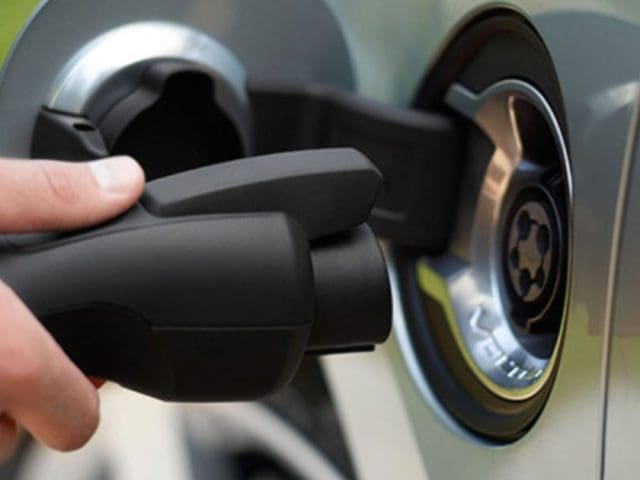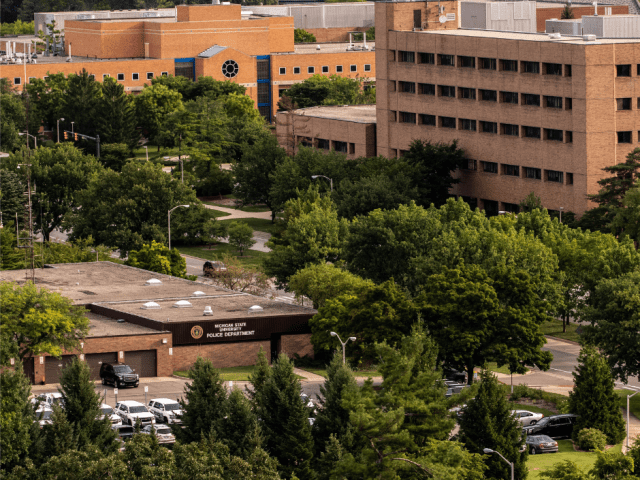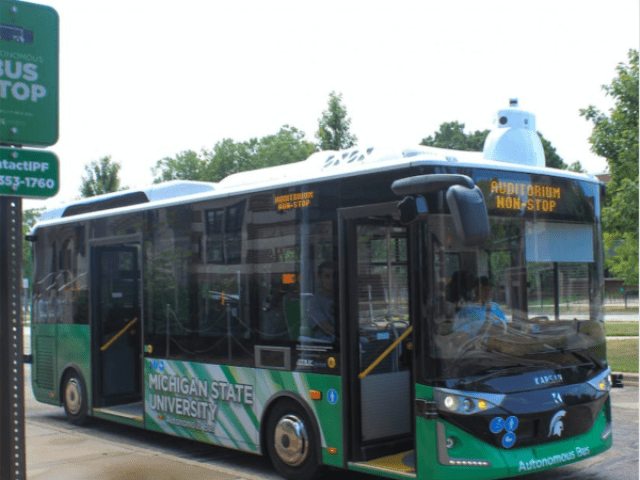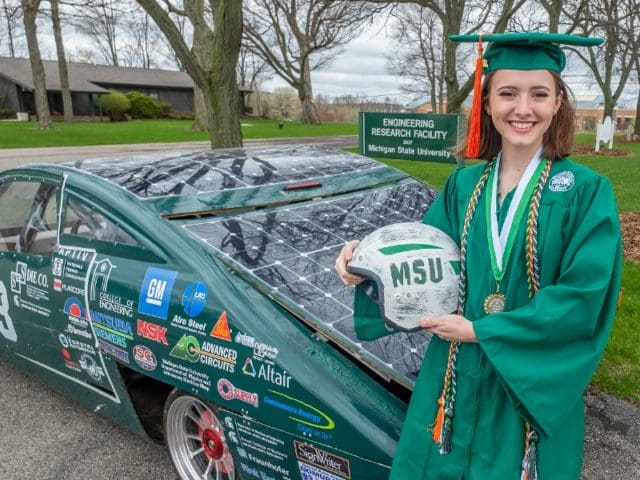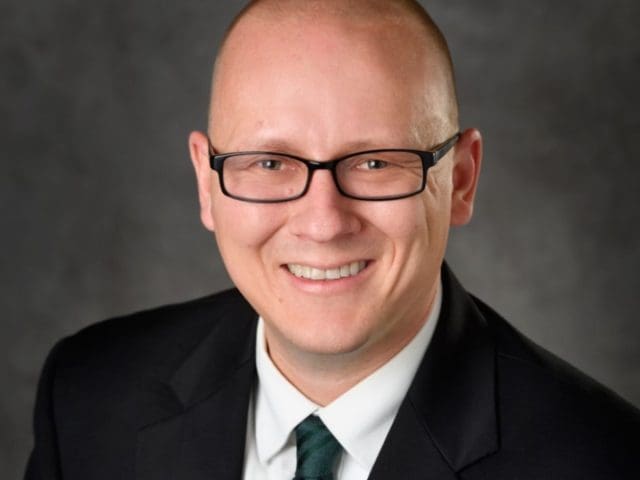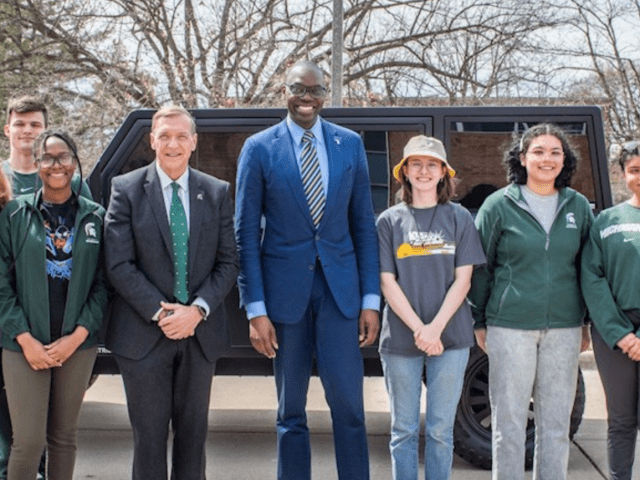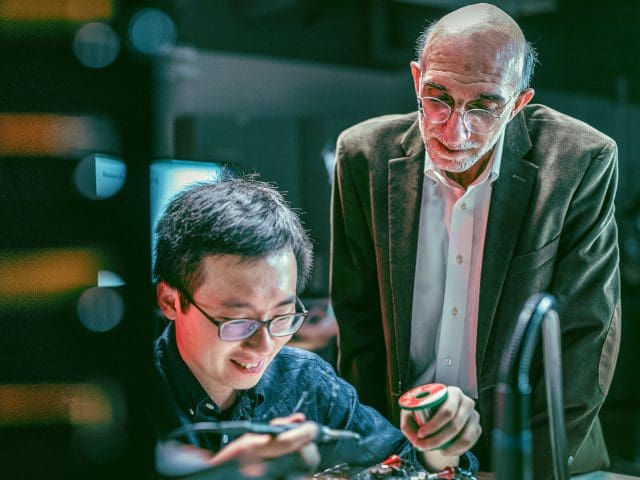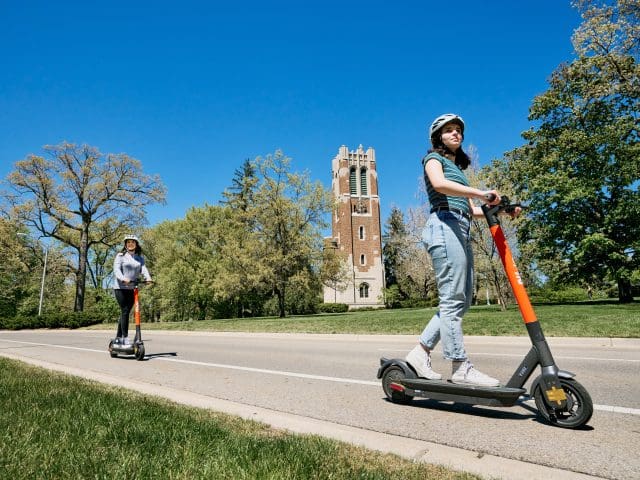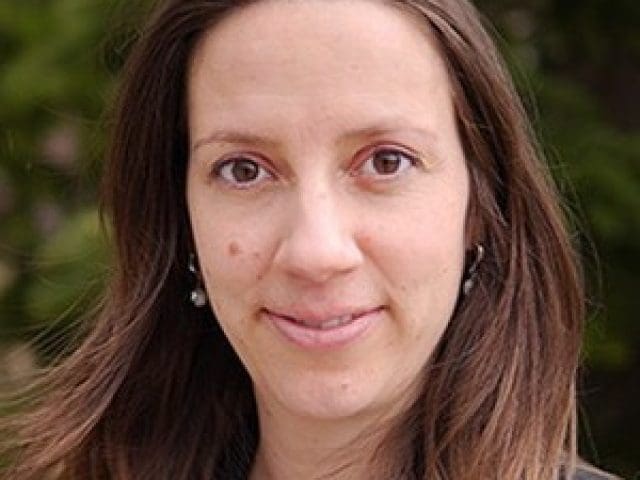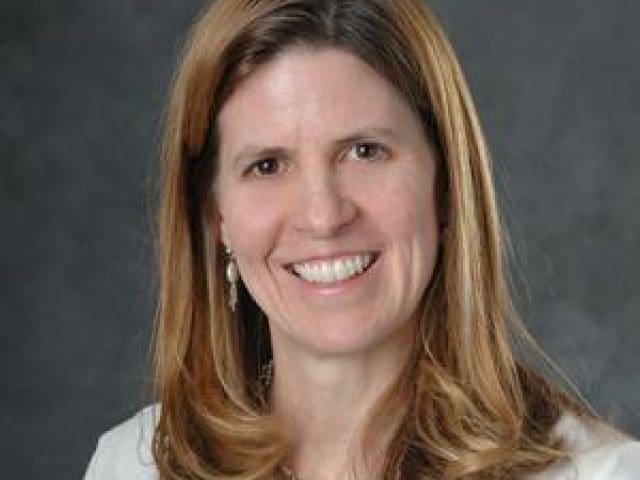Improving ‘Holy Grail’ Lithium Metal Batteries
Q&A with engineer Chengcheng Fang Michigan State University is one of the top 100 research universities in the world and a member of the prestigious Association of American Universities, widely regarded as among the top research-intensive institutions in North America. The following story highlights one of the many examples of MSU’s research excellence and innovation. …

